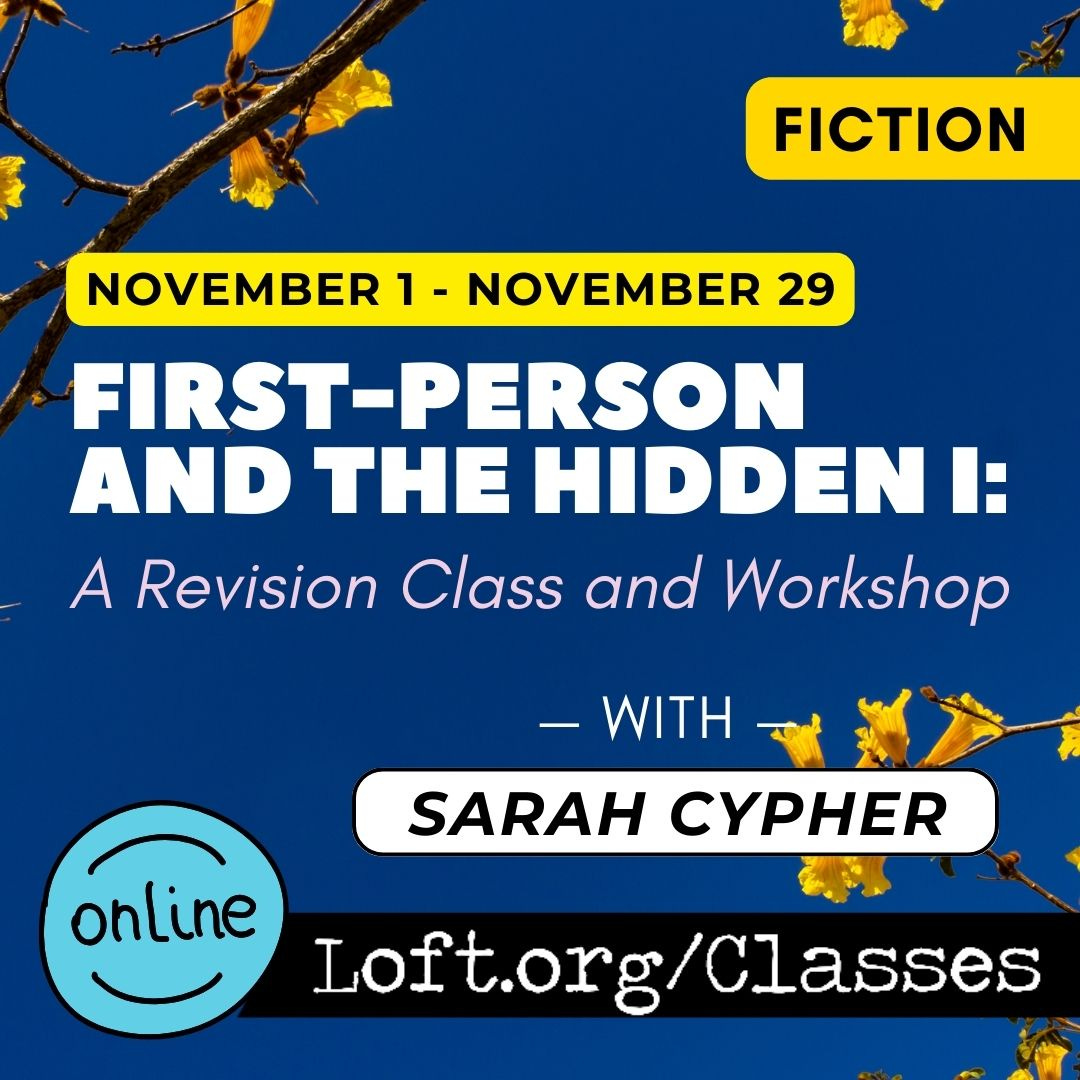Upcoming writing classes + free Gaza teach-in this Saturday
Have questions about what's happening? Want to get writing? There's a class for that.
First, in light of the unliveable conditions in Gaza and unconscionably muted public response in the U.S., I want to highlight a Shipman Agency Work Room teach-in this weekend: “Join us on Saturday, October 28, 12:00 pm EST/4:00 pm GMT for a teach-in about Gaza with speakers Isabella Hammad, Tareq Baconi, Noura Erakat, Ahmed Eldin, Omar Barghouti, and Dianna Buttu, moderated by Fatima Bhutto. While registration is free, we are asking attendees to make a contribution to Médecins Sans Frontières or the Palestine Children’s Relief Fund Gaza appeal if they are able. Any amount counts.”
I’m also running a fundraiser through the end of this month. Donate any amount to the above charities or any of these three others and send me a screenshot of your receipt for a chance to win some tokens of my gratitude, including one of two book boxes featuring engaging stories about Palestine and Israel. Also, consider calling your senators and reps to express support for a ceasefire and Gaza’s access to humanitarian aid; this site has background, phone numbers, and scripts to make this five-minute action simple.
If you’re still with me, thanks. I’m teaching two classes through the Loft Literary Center and the Center for Fiction this winter, beginning next week. They’re reasonably priced, and I hope you’ll join me:
November 1–29: Virtual class via The Loft Literary Center, “First-Person & the Hidden I: A Revision Class & Workshop,” 4 evening sessions ($148)
Whether in conventional narratives or autofiction, a first-person narrator activates all kinds of questions in the reader’s mind about reliability, authority, and the nature of the story’s central questions. Does the writer choose an “I” (or “we”) as a mere steward of the narrative, or to raise bigger questions about what it means to narrate? And either way, how do we keep the “I” from feeling flat, intrusive, or distracting from the fictive dream?
In this revision workshop, we’ll use our first-person drafts as starting points to discuss types of tension, ways to calibrate the reader’s attention to the narrator’s, play with narrative transparency, and in general, use line-level revision strategies to get beyond some of the limitations of a first-person narrator.
November 13–December 4: Virtual class via the Center for Fiction, “Breaking Storytelling Norms with Symbiotic Forms: A Generative Class/Workshop,” 4 evening sessions ($295)
As an editor of 20 years, I see writers break through into “fresh” writing whenever they slyly engage with and trouble culturally received narratives. In this generative workshop, we’ll loosen up and get inspired by using other texts as access points for new drafts or as fresh angles for revision of works-in-progress. At all levels of our projects—genre, structure, and sentence—we’ll consider a variety of examples across fiction, creative nonfiction, and maybe a poem or two to explore how we can crack open forms that often have little to do with creative writing and find a starting point for our own stories, which can make inventive and critical use of their source material. We will read excerpts of work by Carmen Maria Machado, Isabella Hammad, NourbeSe Philip, and others.
I will also be hosting a virtual panel discussion on Saturday afternoon as part of Mizna+RAWIFest, “1+ Generation SWANA Writers on Writing ‘Home’” with Zaina Arafat, Eman Quotah, Leila Chatti, and Marim Abbas. It feels right to share this hybrid space at this moment in history, engaging with questions about how first- and second-generation Arab Americans negotiate identity and writing around an idea of place that is troubled by geographical, temporal, and cultural distance. Please join us!
Stay tuned for the next Substack on getting permission to use lyrics, poetry, and more in your manuscript, through the lens of my quest to locate an elusive translator of Mahmoud Darwish’s poetry.







